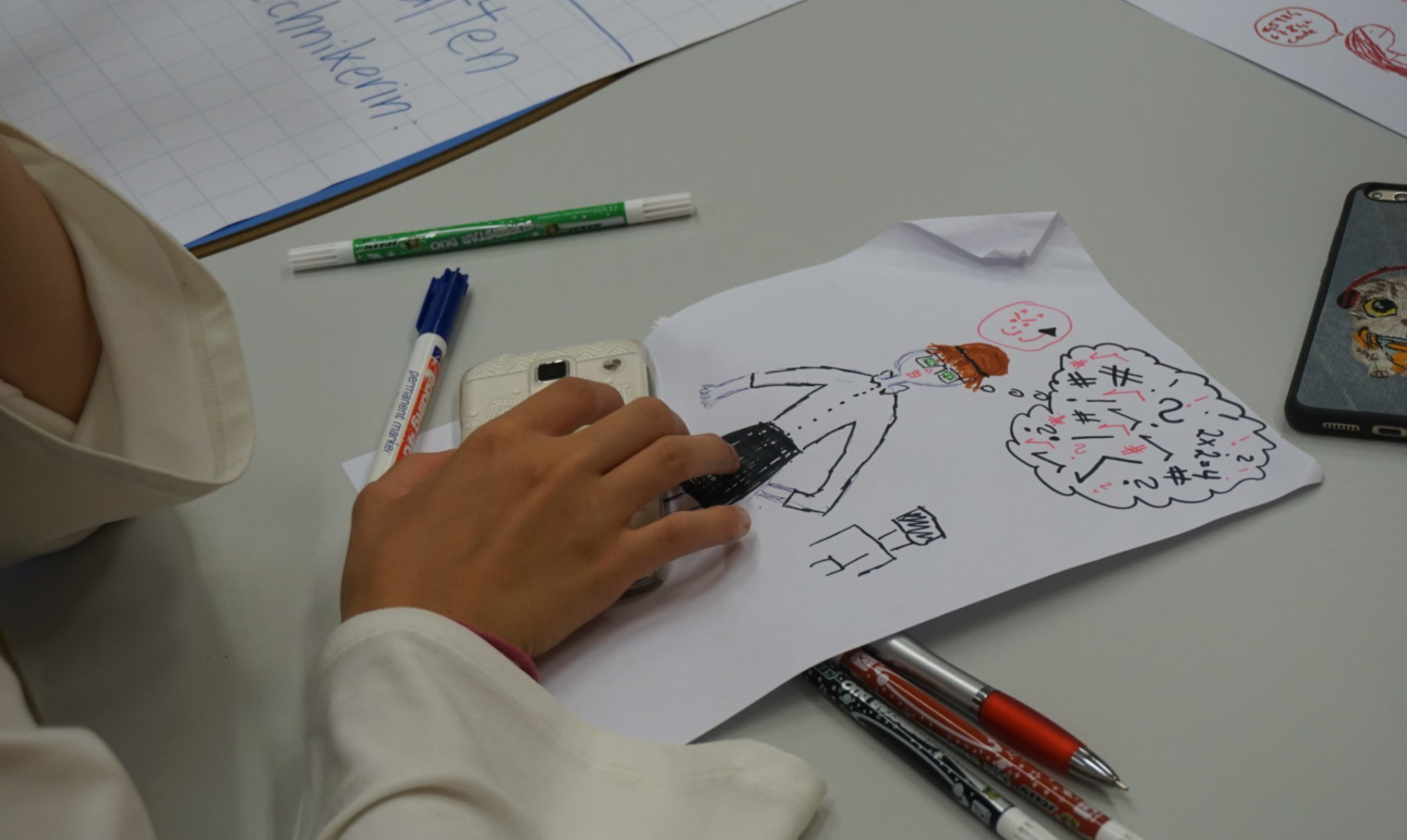Reference Format: Spieler, B; Oates-Induchovà, L.; and Slany, W. (2020) Female Teenagers in Computer Science Education: Understanding Stereotypes, Negative Impacts, and Positive Motivation. Journal of Women and Minorities in Science and Engineering. 26 (5). p. 473-510. doi: 10.1615/JWomenMinorScienEng.2020028567
Bernadette Spieler, Graz University of Technology, Graz, Austria, bernadette.spieler@ist.tugraz.at
Libora Oates-Indruchova, University of Graz, Austria, libora.oates-indruchova@uni-graz.at
Wolfgang Slany, Graz University of Technology, Graz, Austria, wolfgang.slany@tugraz.at
ABSTRACT
Although teenage girls engage in coding courses, only a small percentage of them plan to pursue Computer Science (CS) as a major when choosing a career path. Gender differences in interests, sense-of belonging, self-efficacy, and engagement in CS are already present at that age. This article presents an overview of gender stereotypes by summarizing the negative impressions
female teenagers experience during CS classes and also influences that may be preventing girls from taking an interest in CS. The study draws on published research since 2006 and argues that those findings point to the existence of the stereotypical image of a helpless, uninterested, and unhappy “Girl in Computing”. It may be even more troubling a construct than that of the geeky, nerdy male counterpart, as it is rooted in the notion that women are technologically inept and ill-suited for CS careers. Thus, female teenagers think they must be hyper-intelligent as opposed to motivated, interested, and focused to succeed in those fields. To make CS more inclusive for teenage girls, cultural implications, as well as stereotypization in CS classrooms and CS education, need to be considered as harmful and must be eliminated by empowering female teenagers through direct encouragement, mentoring programs, or girls-only initiatives.
KEYWORDS
Gender Stereotypes, Computer Science Education, Coding, STEM, Gender-inclusive Motivation Strategies, Adolescent Girls
